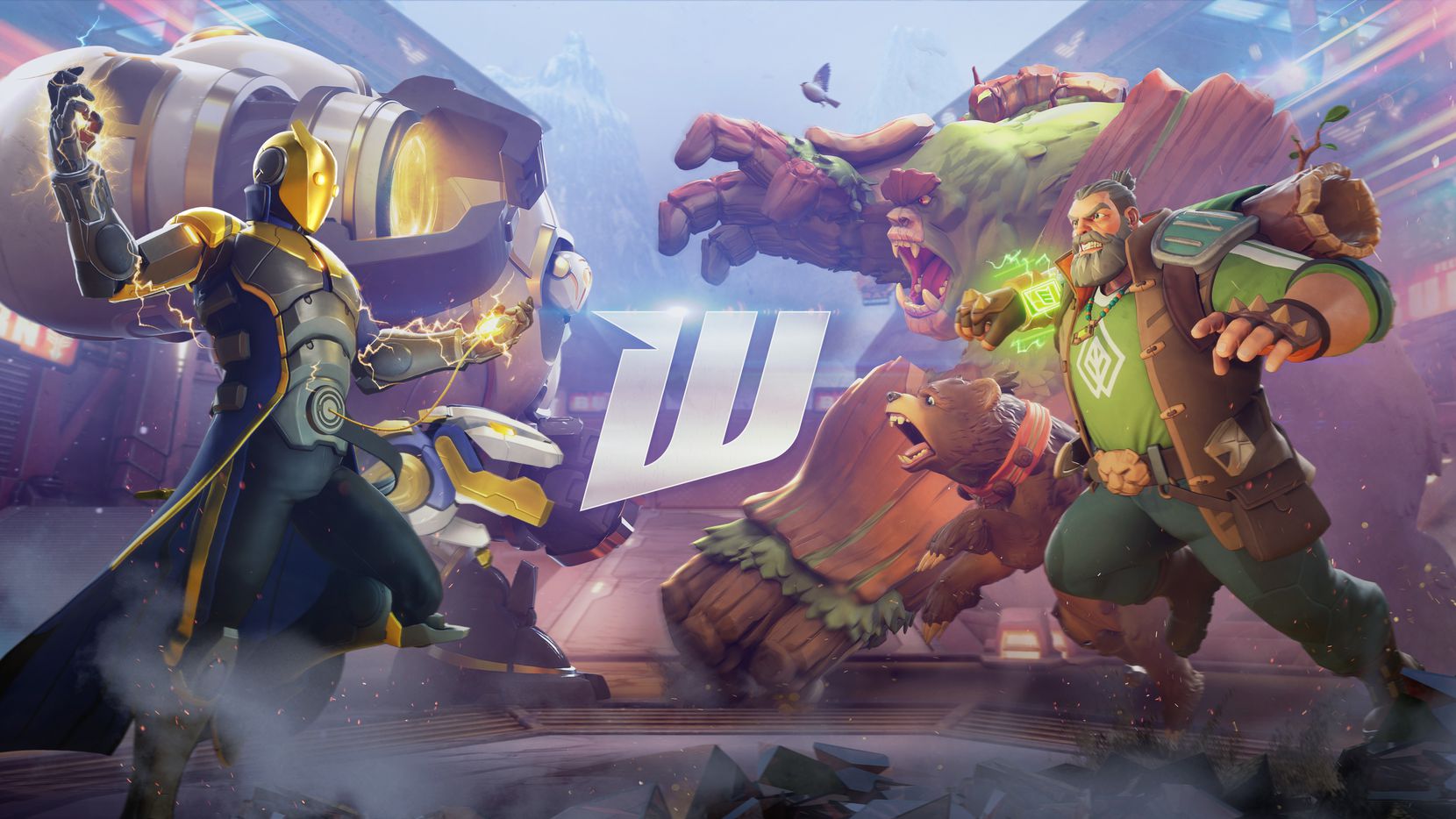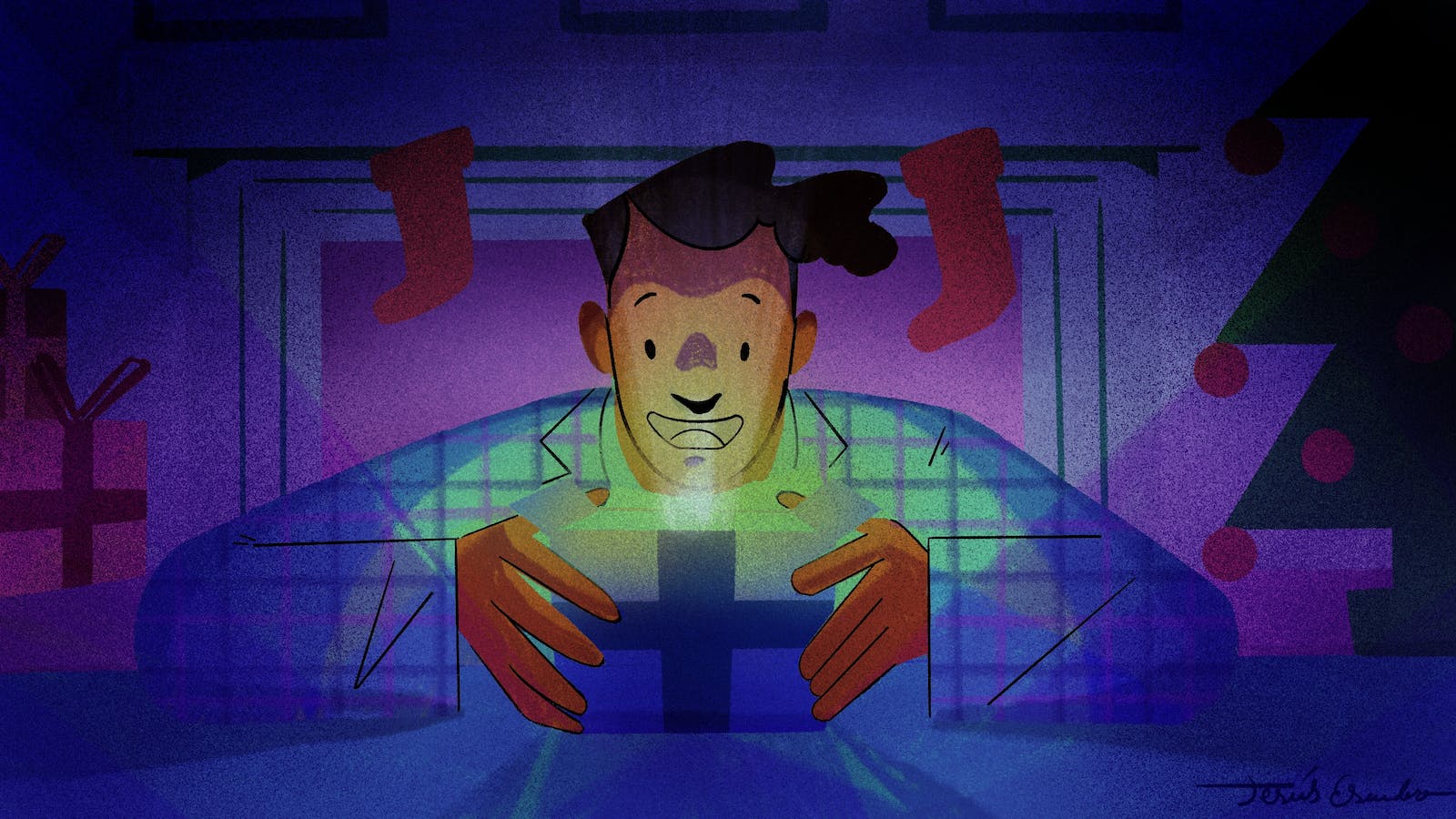Introduction – Why NFT Gaming Is Gaining Global Attention
The gaming industry has always been about more than entertainment—it’s about experiences, competition, and increasingly, investment. In recent years, NFT gaming has emerged as one of the most exciting developments in both the gaming and blockchain industries. Non-Fungible Tokens (NFTs) are unique digital assets stored on the blockchain, and when integrated with video games, they allow players to truly own in-game assets like skins, characters, land, and weapons.
Unlike traditional games, where assets remain locked within a publisher’s ecosystem, NFT-based games empower players with actual ownership, meaning they can trade, sell, or use their items across different platforms. This shift has created a global buzz, as NFT gaming combines the fun of gameplay with the potential for real-world financial rewards. At the heart of this new wave are NFT marketplaces, where gamers and investors alike buy, sell, and trade their digital assets.
See more: Ideal Features and Functions of an NFT Launchpad
What Is Play-to-Earn?
The concept of Play-to-Earn (P2E) lies at the core of NFT gaming’s popularity. Traditionally, players invest hundreds of hours and often large sums of money into games without any financial return. Items purchased, like skins or characters, usually remain locked in the game’s servers.
P2E flips this dynamic. By rewarding players with cryptocurrency or NFTs, these games allow participants to earn while playing. For example, games like Axie Infinity let players breed, battle, and sell creatures (Axies) in exchange for cryptocurrency. In some countries, players have even treated P2E as a full-time job, demonstrating the economic potential of gaming in the blockchain era.
The difference is stark: while traditional gaming rewards players with entertainment and bragging rights, NFT gaming provides monetary incentives, true ownership, and resale opportunities—making gaming both fun and financially meaningful.
How NFTs Add Value to Gaming
So why do NFTs matter in gaming? The value lies in ownership, scarcity, and utility.
- Ownership – When you buy an in-game asset as an NFT, you truly own it. It’s stored on the blockchain, not just in the publisher’s database. This means you can keep it indefinitely, even if the game shuts down.
- Scarcity – Many NFT assets are released in limited quantities, which increases their rarity and potential resale value. A rare weapon, unique character skin, or exclusive piece of virtual land can appreciate significantly over time.
- Utility – NFTs aren’t just collectibles; they can serve real functions within games. For instance, an NFT sword might help you win battles, while a piece of digital land could generate income from other players.
This combination of scarcity and functionality is what makes NFT assets more than just “virtual items”—they’re digital investments. Marketplaces act as the exchange hubs where these transactions happen, bringing liquidity to the ecosystem.
The Rise of Play-to-Earn Communities
Another fascinating aspect of NFT gaming is the community-driven economies forming around it. Players are no longer just participants—they are stakeholders in digital ecosystems. Guilds, DAOs (Decentralized Autonomous Organizations), and gaming communities have sprung up to support players, share resources, and invest in high-value NFTs collectively.
For example:
- Yield Guild Games (YGG) is one of the most prominent gaming guilds, where investors purchase valuable NFTs and rent them to players who can’t afford the initial investment. The profits are then shared among guild members.
- Games like Decentraland and The Sandbox allow entire communities to buy and develop virtual land, creating digital cities and marketplaces powered by NFT ownership.
These communities are blurring the lines between gaming, business, and social networking. They are also helping newcomers get involved without massive upfront costs by creating shared ownership models.
The Best NFT Gaming Marketplaces for Buying and Selling Assets
If NFT gaming is the engine, marketplaces are the fuel stations that keep everything running. They’re where players buy, sell, and discover new digital assets. Here are some of the leading NFT gaming marketplaces:
- OpenSea
- The largest and most well-known NFT marketplace.
- Supports a wide range of assets, including gaming NFTs like Axie Infinity creatures and Sandbox land plots.
- Easy to use and supports multiple blockchains such as Ethereum and Polygon.
- Rarible
- A decentralized marketplace where users can mint, buy, and sell NFTs.
- Known for its community governance model through the RARI token.
- Hosts gaming assets but also includes art, music, and collectibles.
- Axie Marketplace
- Dedicated marketplace for Axie Infinity.
- Players can buy Axies, land, and items directly within the ecosystem.
- Highly specialized but essential for those deeply invested in Axie Infinity.
- Immutable X Marketplace
- A layer-2 scaling solution built on Ethereum, designed specifically for gaming NFTs.
- Supports gas-free transactions, making it more cost-efficient for players.
- Games like Gods Unchained are native here, with growing adoption.
- Enjin Marketplace
- Enjin is a blockchain platform focused entirely on gaming.
- Their marketplace offers items from Enjin-backed games and allows easy wallet integration.
- Magic Eden (Solana-based)
- A fast-growing marketplace on the Solana blockchain.
- Known for low transaction fees and hosting NFT assets from several gaming projects.
Each of these platforms has strengths, whether in variety, specialization, or cost efficiency. Together, they form the backbone of NFT gaming’s digital economy.
Challenges and Concerns
While the excitement is real, it’s important to also consider the challenges NFT gaming faces:

- Market Volatility – Like all crypto assets, NFT prices can fluctuate wildly. A rare item might skyrocket in value one week and plummet the next.
- Scams and Fraud – With rapid growth, scams are a concern. Fake marketplaces, phishing links, and rug pulls have hurt investor confidence.
- Environmental Impact – Certain blockchains consume large amounts of energy. Although newer eco-friendly solutions like Polygon and Immutable X are emerging, the environmental debate remains.
- Accessibility – High entry costs for some games (e.g., Axie Infinity requiring multiple NFTs to start) can lock out new players.
These challenges mean that while NFT gaming has immense potential, players should always proceed with caution, research, and risk management.
The Future of NFT Gaming
Despite the hurdles, the long-term outlook for NFT gaming is promising. Developers are building interoperable assets that could move between different games, enhancing their utility. The concept of the metaverse—a shared digital universe—also heavily relies on NFT assets, from avatars to property.
Some experts predict NFT gaming could rival traditional esports and game streaming, not just in revenue but in cultural impact. Imagine a future where digital land ownership, rare weapon trading, and avatar fashion are as significant as physical-world investments.
Companies like Ubisoft, Square Enix, and Epic Games are already experimenting with blockchain integration, signaling that mainstream adoption might be closer than skeptics believe.
Conclusion
NFT gaming is not just a passing trend—it’s a revolution reshaping how we see ownership, play, and investment in digital worlds. From play-to-earn models that reward gamers with real income, to marketplaces that create liquidity for digital assets, the industry is forging a new era where gaming and finance intersect.
The best NFT gaming marketplaces, such as OpenSea, Axie Marketplace, and Immutable X, act as gateways to this digital frontier. But as with any investment, players must remain aware of risks like volatility, scams, and environmental impact.
Looking ahead, the opportunities are vast. Whether you’re a gamer looking to monetize your passion or an investor seeking the next frontier, NFT gaming offers both excitement and potential. Just remember: play smart, invest wisely, and enjoy the game.


